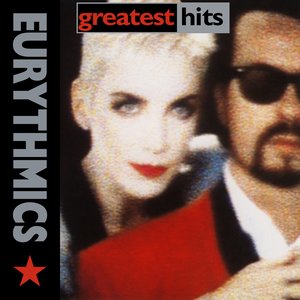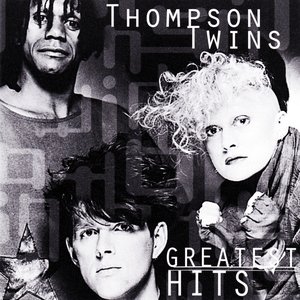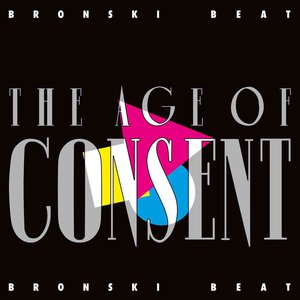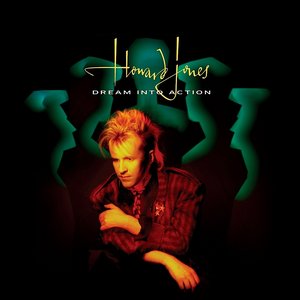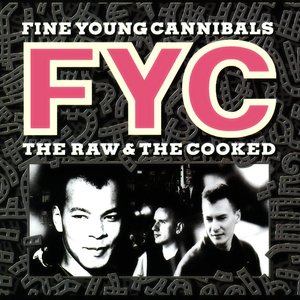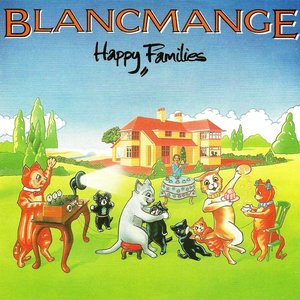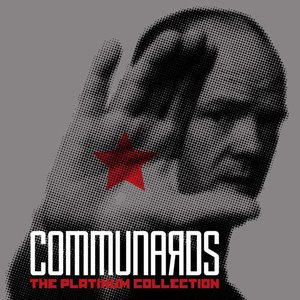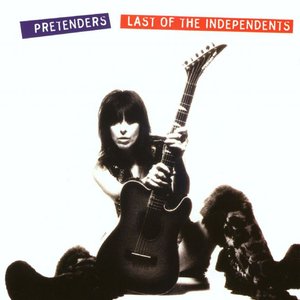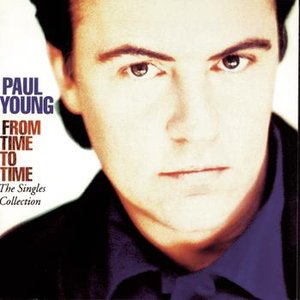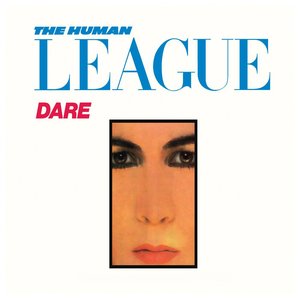Wiki
-
Length
9 tracks
1984 (For the Love of Big Brother) is a soundtrack album by Eurythmics, containing music recorded by the group for director Michael Radford's colour remake film version of George Orwell's classic dystopian novel, Nineteen Eighty-Four. Virgin Films produced the film for release in its namesake year, and commissioned Eurythmics to write a soundtrack.
Lennox and Stewart worked as a duo for these recordings, with no contribution from other musicians. The music, whilst containing many electronic elements, was far from being "synth pop"; Stewart described some tracks as being like "Kraftwerk meets African tribal meets Booker T and the MGs."
Unknown to the group, Radford had commissioned his own orchestral score, and was not fond of Eurythmics' work. Two versions of the film were released, one featuring Eurythmics' music, and the "director's cut", which replaced most of Eurythmics' music by the orchestral score. When accepting an award for the film, Radford publicly complained of having Eurythmics' music "foisted" on him. Eurythmics issued a statement that they had accepted Virgin's commission in good faith, and would never have done so if they had known that it was not being done with the director's approval.
Although failing to gain much top forty attention, this album is considered (in hindsight) to be one of the Eurythmic's masterpieces. Most of the tracks are instrumental, with song titles and lyrics of two songs on the album being derived from Orwell's text. For instance, "I Did It Just The Same" is taken from a passage in the book where the protagonist, Winston Smith, relates how he committed "sexcrime" with a prostitute—initially deceived by her makeup, when he got close to her, he realised she was "about fifty - but I did it just the same". "Julia" was the name of Winston's lover. "Sexcrime" and "Doubleplusgood" are examples of Newspeak, the revised version of the English language spoken in Orwell's story. The track "Doubleplusgood" features a female announcer—the voice of the omnipresent Telescreen in the movie—reading out various memos which Winston had received at his job in the Ministry of Truth, where his role was to amend past and present newspaper articles so that they conformed to current Party dogma. The "Ministry of Love" was the government police and torture department, and included "Room 101", a room which contained "the worst thing in the world"—i.e. where each torture victim would be confronted with their own worst nightmare. Two singles were released from the album, the punchy pop track, "Sexcrime (Nineteen Eighty-Four)", and the long, gentle ballad, "Julia". The former was a top 10 hit in most territories, however, "Julia" achieved little commercial success.
Album descriptions on Last.fm are editable by everyone. Feel free to contribute!
All user-contributed text on this page is available under the Creative Commons Attribution-ShareAlike License; additional terms may apply.

